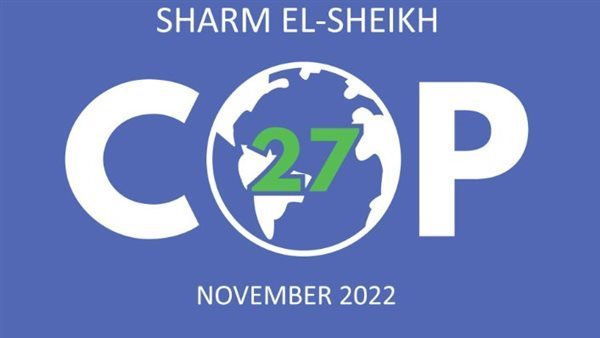According to South Africa’s president, Cyril Ramafuza, the country will require around 1. 5 trillion Rand, or $ 84 billion over the next five years, to implement its goals for reducing carbon emissions, seizing the economic benefits of energy conversion, and aiding impacted societies.
According to Ramafuza, the wealthy nations, notably the United States, Britain, France, Germany, and the European Union, made commitments to 8.
5 billion dollars; To aid the biggest nation in Africa in reducing emissions and accelerating the transition away from coal, which it relies on for the majority of electricity generation.
His country will convey this message at the upcoming climate summit that will be held in Egypt, he said, adding that the investment plan that was presented days before the COP27 summit in Egypt demonstrated that the government needs more because the amount of funding needed to realise our country’s ambitions is significantly greater than the funding that was provided.
South Africa, which suffers from a financing gap of 700 billion Rand for the plan, is seeking to speak with international partners to determine additional financing sources, as the offered investment plan includes about 1. 5 trillion Rand, or about 1 trillion Rand to finance electricity needs, and 128 billion Rand for new power vehicles And 319 billion Rand will be spent on green hydrogen.
It is noteworthy that the Climate Conference 2022 – COP27, a massive and international conference hosted by Egypt in the land of peace and love in the South Sinai Governorate, specifically the city of Sharm El-Sheikh, which hosts the conference in the 27th session of the Conference of the Parties to the United Nations Framework Convention on Climate Change, is set to begin in the near future tomorrow, Sunday, between November 6 and 18.
South Africa’s carbon emissions and COP27’s assistance to the impacted communities

